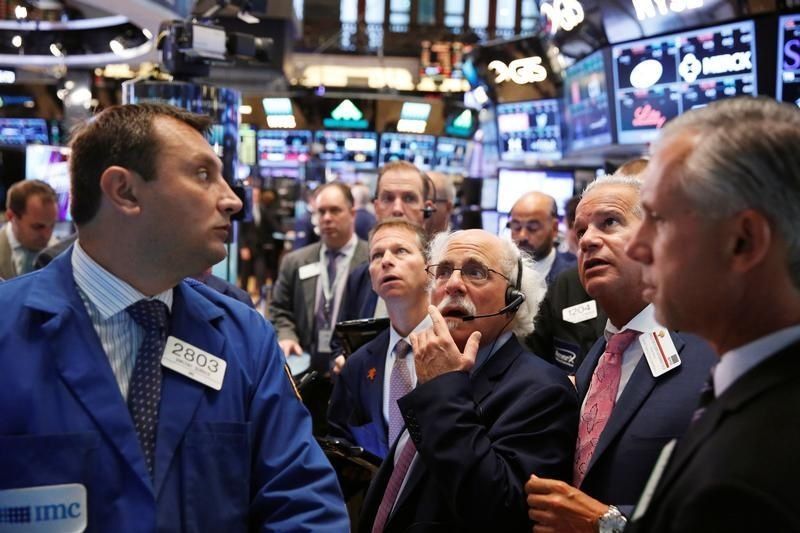News
October 29, 2020
7.4: The US economy grew by 7.4 percent in the third quarter, the largest jump in history. Given the pandemic-induced beating that America's GDP took in the previous quarter, any reopening was bound to be big. In fact, economists have a macabre term for this: "a dead-cat bounce" (even a dead cat will bounce if you drop it from a high enough window).
99.4: In Myanmar, 99.4 percent of social media users are on Facebook. Just days before the country's general election, the company is struggling to contain a deluge of fake news items, including rumors that Aung San Suu Kyi, the country's de-facto leader, has died from the coronavirus. In 2018, Facebook was implicated in the military's attempted genocide of the country's Rohingya minority.
0.01: A French lawmaker in the European Parliament is on a 15-day hunger strike over insufficient EU funding for health and climate change research. Socialist Pierre Larrouturou is calling for a 0.01 percent tax on financial transactions that he believes could raise 50 billion euros ($58.5 billion) per year for the bloc's budget.
4: Only four candidates are running for president in Saturday's election in the Ivory Coast, the world's top producer of cocoa beans (from which chocolate is made). One of them is the incumbent, Alassane Ouattara, who is in the race after a controversial court ruling allowed him to stand for reelection despite a constitutional two-term limit.More For You
Global conflict was at a record high in 2025, will 2026 be more peaceful? Ian Bremmer talks with CNN’s Clarissa Ward and Comfort Ero of the International Crisis Group on the GZERO World Podcast.
Most Popular
Think you know what's going on around the world? Here's your chance to prove it.
Indian Prime Minister Narendra Modi isn’t necessarily known as the greatest friend of Muslim people, yet his own government is now seeking to build bridges with Afghanistan’s Islamist leaders, the Taliban.
French President Emmanuel Macron, German Chancellor Friedrich Merz, Ukrainian President Volodymyr Zelenskiy, U.S. Special Envoy Steve Witkoff and businessman Jared Kushner, along with NATO Secretary-General Mark Rutte and otherEuropean leaders, pose for a group photo at the Chancellery in Berlin, Germany, December 15, 2025.
Kay Nietfeld/Pool via REUTERS
The European Union just pulled off something that, a year ago, seemed politically impossible: it froze $247 billion in Russian central bank assets indefinitely, stripping the Kremlin of one of its most reliable pressure points.
© 2025 GZERO Media. All Rights Reserved | A Eurasia Group media company.
